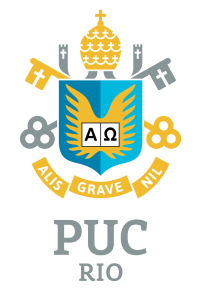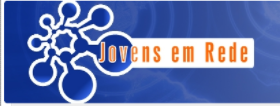
Graduate Program and Research
PPGE
Research Groups
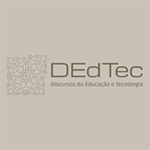
Coordinator: Professor Giselle Martins dos Santos Ferreira
The DEdTec is the newest research group to be formed in the line of research into Digital Languages, Technologies and Education, of the Department of Education of PUC-RioEstablished in August 2018, the group is committed to exploring themes related to the field of Education and Technology from discursive-critical perspectives. Against the hegemonic discourses in the area, which defend the inevitability of digital technologies in education and their ‘neutrality’, naturalizing them and promoting polarised views of the relationship between education and technology, the group questions these premises and positions, having the general objective to critically discuss the implications, for the theorization and practices of education, of artifacts, especially digital ones, always addressed in a contextualized way within socio-cultural and historical particularities. Current projects of DEdTec explore themes such as Big Data and Artificial Intelligence in education, metaphors of EdTech and the use of dystopian fiction as a training resource. The group receives financial support from Faperj (APQ1 2019 and IC 2019) and PUC-Rio.

Coordinator: Professor Pedro Pinheiro Teixeira
Diversias aims to research the teaching of controversial topics in education at its different levels, locations and with the actors involved. The teaching of controversies is pointed out by many authors as fundamental for promoting reflection on the students' daily lives, expand their worldview, recognize differences, overcome prejudices and contribute to the construction of democracy. Thus, our research projects are dedicated to investigating topics such as religion, gender, school conflicts, ethnic-racial relations and conservatism, both in school contexts and in public educational policies. Diversias’ research is sponsored by FAPERJ (the Rio de Janeiro State Research Foundation) (The Rio de Janeiro State Research Foundation) (ARC-2019) and PUC-Rio.
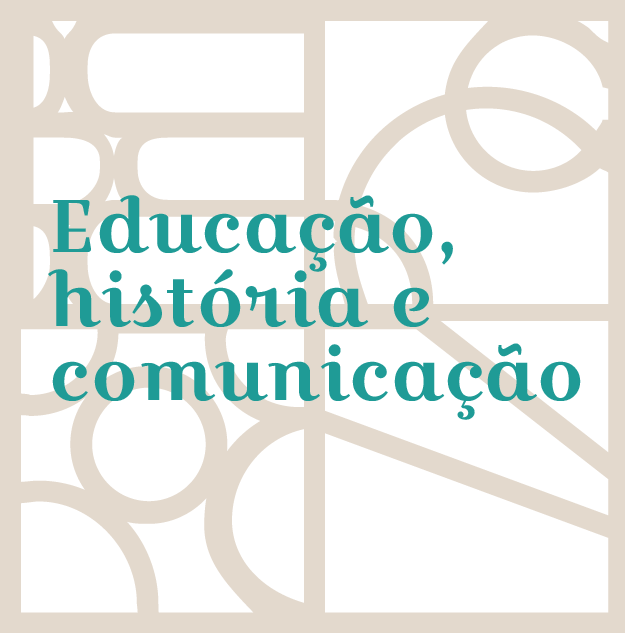
Coordinator: Professor Patrícia Coelho da Costa
This group supports proposals that investigate the history of education through radio, cinema and television throughout the twentieth century in Brazil. The group carries out theoretical-methodological studies and empirical projects that are developed at the levels of Research Mentorship, Master's Degree and Doctoral Degree. The work developed in the group aims at organizing a database, preparing monographs, dissertations and theses, as well as articles in specialized journals, chapters and books.
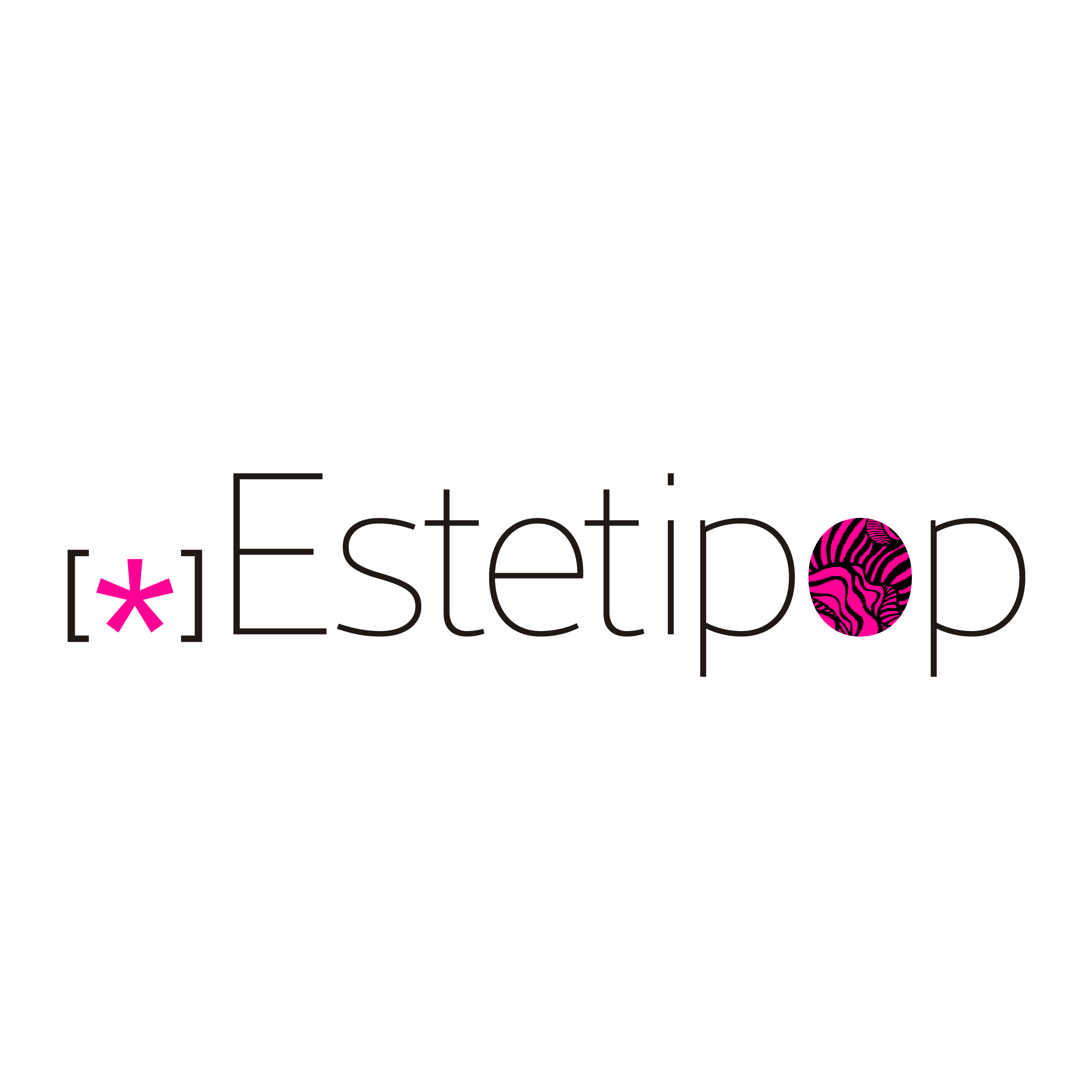
Coordinator: Professor Mylene Mizrahi
O Estetipop – laboratório de pesquisa antropológica em estéticas, aprendizagens e cultura pop/popular – investiga na interface entre antropologia, arte e educação, com ênfase na dimensão sensível e sensorial da vida social. Nos orientando por dois marcadores de diferença fundamentais – gênero e raça – interessam-nos a corporalidade, os sentidos, as materialidades, as sonoridades, as visualidades envolvidos em aprendizagens não escolares ou na escola, aqui tomada como amplo espaço de sociabilidade dos sujeitos. Nossas pesquisas visam contribuir, de um lado, para a Antropologia da Educação e os diferentes modos de conhecer e de aprendizagem e, de outro lado, para o campo de estudos das Estéticas Corporais e das Formas Expressivas. Nos próximos anos estamos envolvidos em diferentes projetos de pesquisa, apoiados por diferentes agências de fomento. Até 2024 estaremos engajados na pesquisa Tornar-se artista: arte, antropologia e educação, apoiada por bolsa Jovem Cientista do Nosso Estado, da FAPERJ (the Rio de Janeiro State Research Foundation), tendo por objetivo investigar a formação, as aprendizagens e as estratégias do artista não hegemônico junto a processos de subjetivação juvenis. A pesquisa possui cunho fortemente etnográfico e está sendo conduzida tanto na Rocinha como em circuito formado por escolas municipais de Segundo Segmento e o fluxo dos jovens pelo espaço público. Em 2022 concluíremos dois projetos: Por uma antropologia na escola, apoiado pela FAPERJ (the Rio de Janeiro State Research Foundation) and PUC-Rio, e O mapa do funk na Rocinha, apoiado pelo IEAHu/PUC-Rio. O grupo mantém uma página no Instagram, onde registra e divulga suas atividades e em breve terá seu próprio site em atividade. Nossos interesses de pesquisa incluem performance, artes urbanas e música; consumo, gosto, corpo, moda e cabelos; relações raciais, gênero e pensamento feminista; escola e juventude.
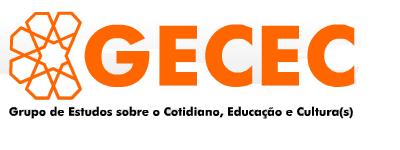
Coordinator: Professor Vera Maria Ferrão Candau
This group aims to develop interdisciplinary studies and research, focusing on the relationship between education and culture(s) in different educational spaces and the interrelationships between (de)coloniality, interculturality and education as a central theme. Our aim has been to promote education that contributes to the recognition that all human beings, different and equal, have the right to fulfill their dreams and aspirations and to fight against all forms of marginalization, inferiority and discrimination. GECEC has carried out a great deal of research with the support of CNPq (The National Council for Research), as well as promoting seminars, meetings, lectures, roundtables and courses, and has organized several publications. GECEC has a team of graduate students - master's and doctoral students and professionals from other higher education institutions in the state of Rio de Janeiro and from public schools. PUC-Rio PUC-Rio

Coordinator: Professor Maria Inês Galvão Flores Marcondes de Souza
The Teacher Training, Curriculum and School Life Study Group, GEFOCC, has been operating in the Graduate Program at PUC-Rio since 2007 under the coordination of Professor Maria Inês Marcondes. As part of the research line Teaching Work, Curriculum, Learning and Pedagogical Practices, it specializes in theoretical studies and qualitative research in the areas of Teacher Education, Curriculum and School Life.

Coordinator: Professor Maria Cristina Monteiro Pereira de Carvalho
The main objective of the research group on Education, Museum, Culture and Childhood (GEPEMCIis to investigate issues related to museum spaces and their educational strategies for the general public, and more specifically for children from zero to six years of age. GEPEMCI promotes discussions in the field of education on different cultural processes and instances of socialization based on three lines of research: Culture and Childhood, Education in Museums and Museums as Training Spaces.
The group has an Instagram profile: @gepemci.
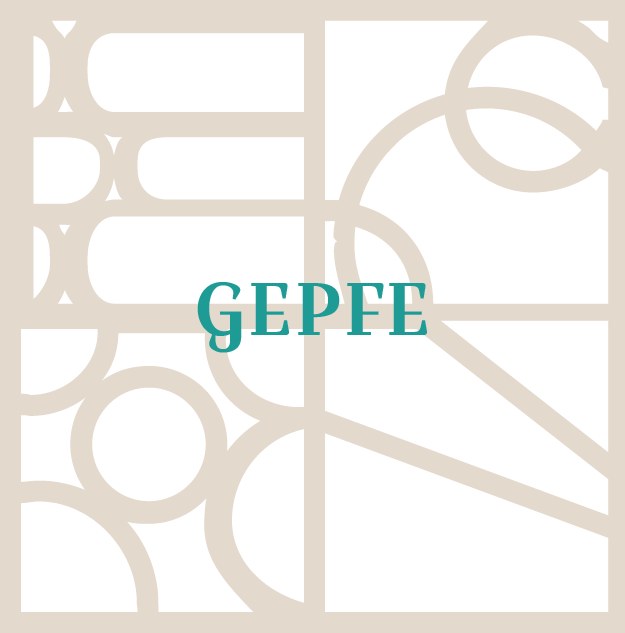
Coordinator: Professor Ralph Ings Bannell
We are a group of students and researchers currently interested in the human mind, cognition and learning, working to understand those conceptions from the perspective of the philosophy of education. We seek to understand the Philosophy of Mind and cognition and its intersections with neuroscience, pedagogy, psychology and communication, among other disciplines. Our main objective is to outline possibilities for education that take cognitive science into account in its new forms, which, while going beyond the brain, encompass body, environment and technologies. Other research within the philosophy of education is also conducted by the group.
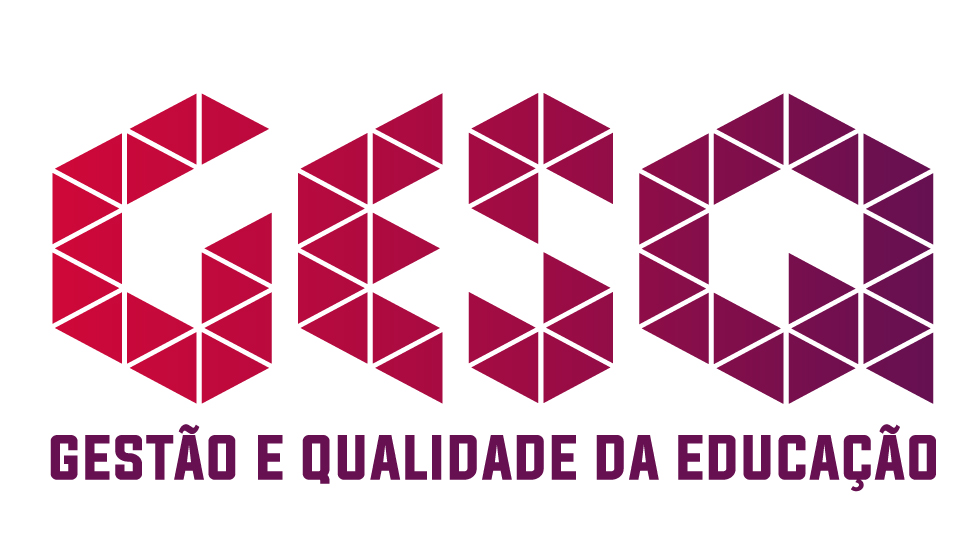
Coordinator: Professor Cynthia Paes de Carvalho
Vice-líder: Ana Cristina Prado de Oliveira (UNIRIO)
Founded by Professor. Cynthia Paes de Carvalho in 2010, the research group GESQ - Education Management and Quality includes graduate students in education and undergraduate students (Research mentoring programme/IC). We study management in public schools, seeking to analyze the factors that contribute to improving the quality of education. Our focus is on the relationship between school management and the performance of students with an emphasis on the leadership of the principal and his/her team, as well as on his or her relations with the teaching staff, students and families. We also conduct research on the management and implementation of educational policies, especially with respect to the question of school and educational management committed to quality and equity in different organizational contexts and school systems. With a consistent research history, we have presented results in several national conferences and have published academic articles in journals, as well as book compilations with research results. We work with a mixed methodological approach, combining quantitative studies (SAEB/Prova Brasil - the national school evaluation system - the School Census, PISA etc.) with qualitative studies (case studies in schools and school systems). We have also developed our own research instruments, investigating both the issue of the principal's leadership and the school environment, as well as the management of school systems, especially in the State of Rio de Janeiro. We also develop extension activities intended to train teachers and managers. In addition to the permanent support of the federal government (financial support for programs of excellence), between 2017 and 2020 we have received additional support from CNPq (Individual research scholarship/PQ2), and from 2018 to the present we have had the support of FAPERJ (The Rio de Janeiro State Research Foundation).
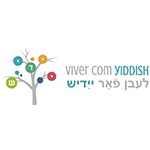
Coordinator: Professor Sonia Kramer
The group’s actions are aimed at: (1) "Teaching and Learning the Yiddish Language as Resistance and Experience of Identity”, research that aims to learn and understand the stories, practices and speakers of the Yiddish language in the city of Rio de Janeiro; (2) cultural training of young teachers; (3) Workshops for children with Yiddish culture experiences in schools (music, stories and literature); (4) Yiddish courses at PUC-Rio. The objective is to work with the richness of cultural production in Yiddish, in particular with the Yiddish language, literature and music; to collaborate with the formal and non-formal education of children and young people. Studying and regaining the Yiddish language, guaranteeing children and young people access to knowledge and the recognition of its richness: here lies the commitment and responsibility of this project.
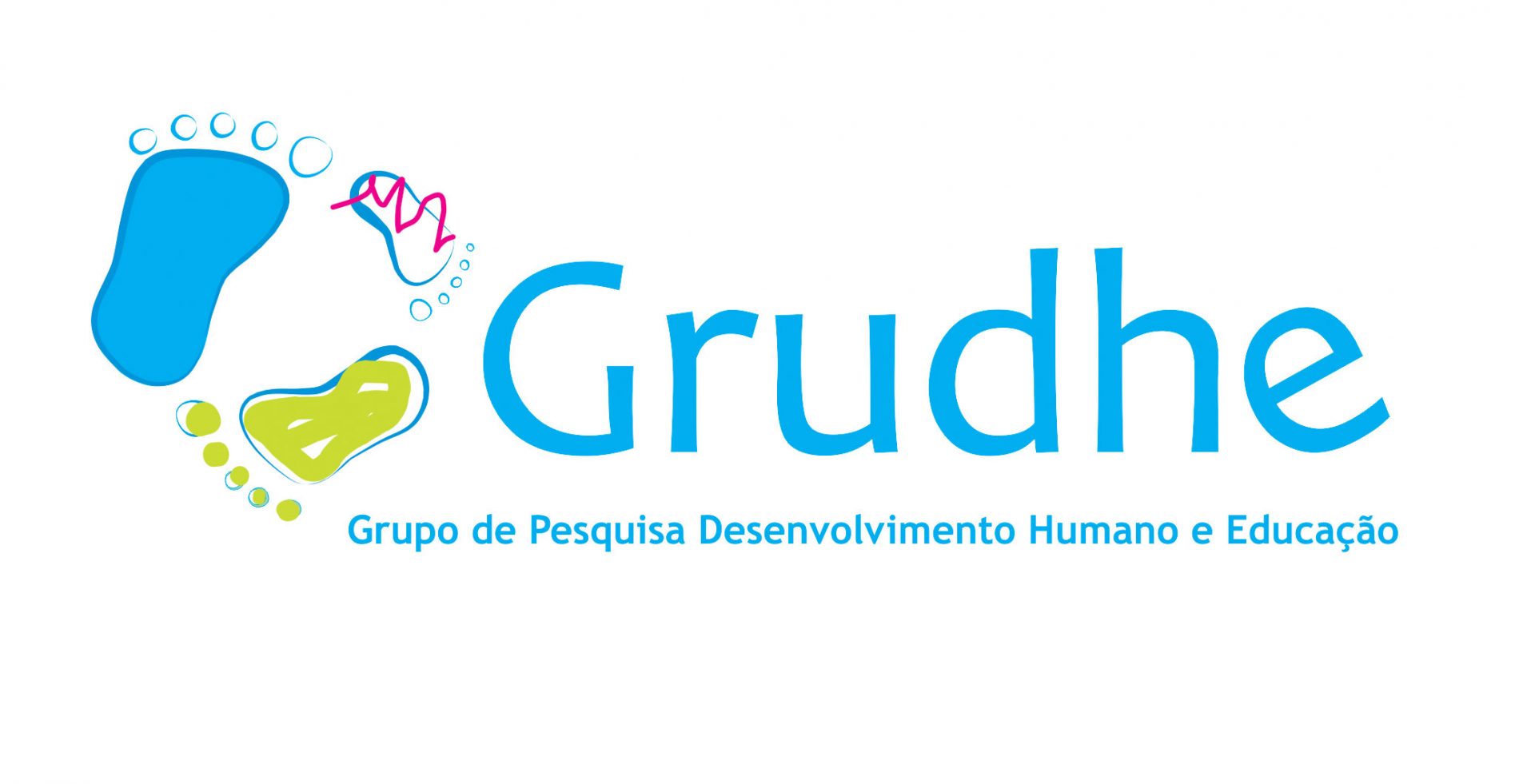
Coordinator: Professor Zena Eisenberg
Vice-coordinator: Professor Silvia Brilhante
The main focus of Grudhe is research in the area of Language acquisition and Cognition. The themes already worked on by the group include reading and writing in elementary school and higher education; the touch screen technology revolution in childhood; the development of language and notions of time, learning and motivation in higher education, among others. The group is characterized by the participation of undergraduate and graduate students in research activities, acting in all stages: planning, execution, data analysis, joint elaboration of articles, congress presentations, and other publications.
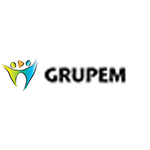
Coordinator: Professor Rosália Maria Duarte
Since 2001, the group has developed research in partnership with other Brazilian institutions (The State University of Southwestern Bahia, The Federal University of Mato Grosso do Sul, The State University of Pará, The Federal Rural University of Rio de Janeiro, The National School of Public Health, The Fernandes Figueira Institute, The Desiderata Institute, The Municipal Department of Education of Rio de Janeiro, The Federal University of Rio de Janeiro State) and foreign institutions (The University of Alcalá de Henares, University of Minho). The group belongs to the international community of researchers linked to the Children, Youth and Media Working Group of the European Communication Research and Education Association. It is also integrated into the Kino Network – Latin American Education, Film and Audiovisual Network, and Researchers Network in Education and Media. Since 2009 it has been a member of the Organizing Committee of the Education and Media Research Colloquium, a biannual scientific event that gathers researchers to discuss their results. The group also develops continuing education activities for public school teachers and offers extension courses.
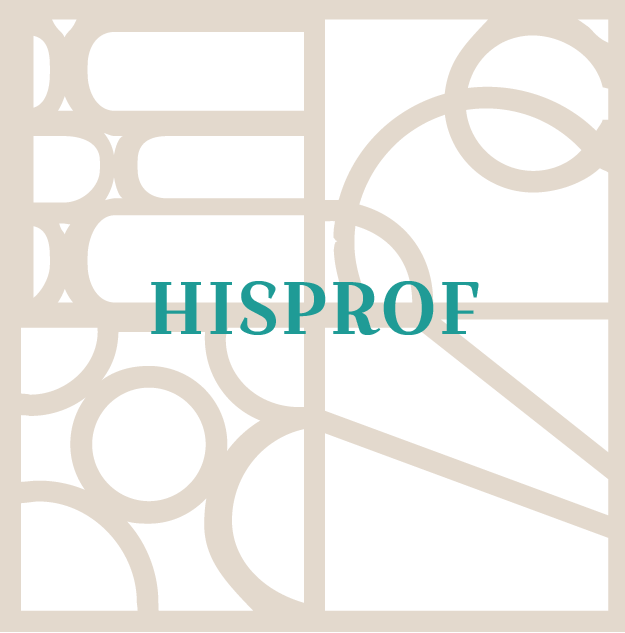
Coordinator: Professor Jefferson da Costa Soares
HISPROF investigates the constitution of identities and professional trajectories of teachers in specific institutions and within different time frames. Currently, the Group is conducting research on the teaching staff of Colégio Pedro II in the period between the Estado Novo and the 1964 coup. Other research on the History of School Disciplines and the History of Educational Institutions is also developed by the Group.
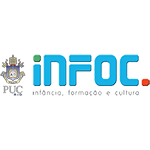
Coordinator: Professor Sonia Kramer
The theoretical bases for the study of childhood, children and education are formulated by the group from an interdisciplinary perspective based on language studies and cultural studies, especially the work of Benjamin, Bakhtin, Vigotski and Buber. This study, together with the contributions of childhood anthropology and sociology, favor a dense, sensitive and ethical approach to understanding children, youth and adults in the contemporary world.
Coordinator: Professor Apparecida Mamede
O Diretório de Pesquisa JER, Jovens em Rede, do Departamento de Educação da PUC-Rio e certificado pelo CNPq, abarca um conjunto de pesquisas que têm como temática os “Jovens e o Conhecimento na Era Digital” . É coordenado pela Professora Emérita Maria Apparecida C Mamede-Neves. A repercussão de suas investigações, nesses mais de 25 anos de trabalho investigativo ininterruptos, se traduz pelas diversas parcerias internacionais que teve, quais sejam, com a Universitàt del Sacro Cuore de MIlano Itália, com o pesquisador Fernando Vidal na época pesquisador no Instituto Max Planck, Berlin, Alemanha , com a epistemóloga Sara Paín da Universidade de Sorbonne, Paris, França e UNICEF. Há mais de quatro anos atrás se filiou ao The Nordic Information Centre for Media and Communication Research (NORDICOM),uma cooperação entre os cinco países da Região Nórdica – Dinamarca, Finlândia, Islândia, Noruega e Suécia. Em 2015, este Diretório ampliou seu tema de investigação, avaliando a importância dos jogos de tabuleiro ou digitais na construção de competências cognitivas essenciais à construção do saber escolar, dentro das camadas populares. Há mais de 10 anos tem contado com parcerias tais como do Departamento de Comunicação, EJA, NEAM e Laboratório Interdisciplinar Design e Educação (LIDE) do Departamento de Arte & Design, todos pertencentes à PUC-Rio, além do Programa de Pós-Graduação em Educação da UNESA e do Grupo de Pesquisa LUPEIA da Faculdade de Educação da UFRJ.
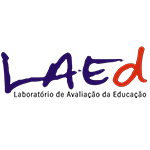
Coordinator: Professor Alicia Maria Catalano de Bonamino
Vice-coordinator: Professor Naira da Costa Muylaert Lima
The The Education Evaluation Laboratory (LAEd) was founded in 1997 and since then has been conducting studies in the area of the evaluation of educational policies, school systems and schools and their effects on school efficiency and equity. Projects institutionally developed by LAEd receive funding from development governmental agencies such asCNPq (The National Research Council); CAPES (The National Council for Professional Development in Higher Education) and FAPERJ (the Rio de Janeiro State Research Foundation)) and articulate individual research projects within the scope of the production of doctoral theses, master's dissertations and Research Mentorship experiences. LAEd maintains academic and research links with researchers from UFJF (The Federal University of Juiz de Fora) and UFMG (The Federal University of Minas Gerais), within a history of collaboration that began in 2004 with the GERES Project - Longitudinal Study of School Generation 2005, which investigated factors of effectiveness and equity in 303 schools and five Brazilian cities between 2005 and 2008. Since 2018, LAEd member coordinators have participated in an international research network that investigates the themes of inequality, discrimination and prejudice in education and includes researchers from Argentina, Chile and France in the scope of the CAPES Print Project.

Coordinator: Professor Silvana Soares de Araujo Mesquita
PROFEX develops and supports research on the teacher and his or her practice in the daily life of schools. It is part of the Research Line Teaching Work, Curriculum, Learning and Pedagogical Practices. Recent studies have highlighted the themes of professional development, teacher knowledge and good pedagogical practices, in addition to the themes of youth cultures, high school and the meaning of school. The research entitled “Teaching in high school: the centrality of the teacher's role in working with young people from the periphery”, developed by professor Silvana Mesquita [link to the professors’ page], was responsible for the origin of the group and received the 2017 CAPES (The National Council for Professional Development in Higher Education) Thesis Award in the area of education. The group is currently carrying out a research project entitled “The teacher education game: Tensions between teaching practices, training institutions and guiding policies”, which aims to identify the “place” of didactic-pedagogical knowledge in the education and performance of high school teachers. PROFEX's principle is to value the role of teachers and students in research, in addition to the school space as a place of investigation, aiming to contribute to understanding and improving the process of teaching and learning.

